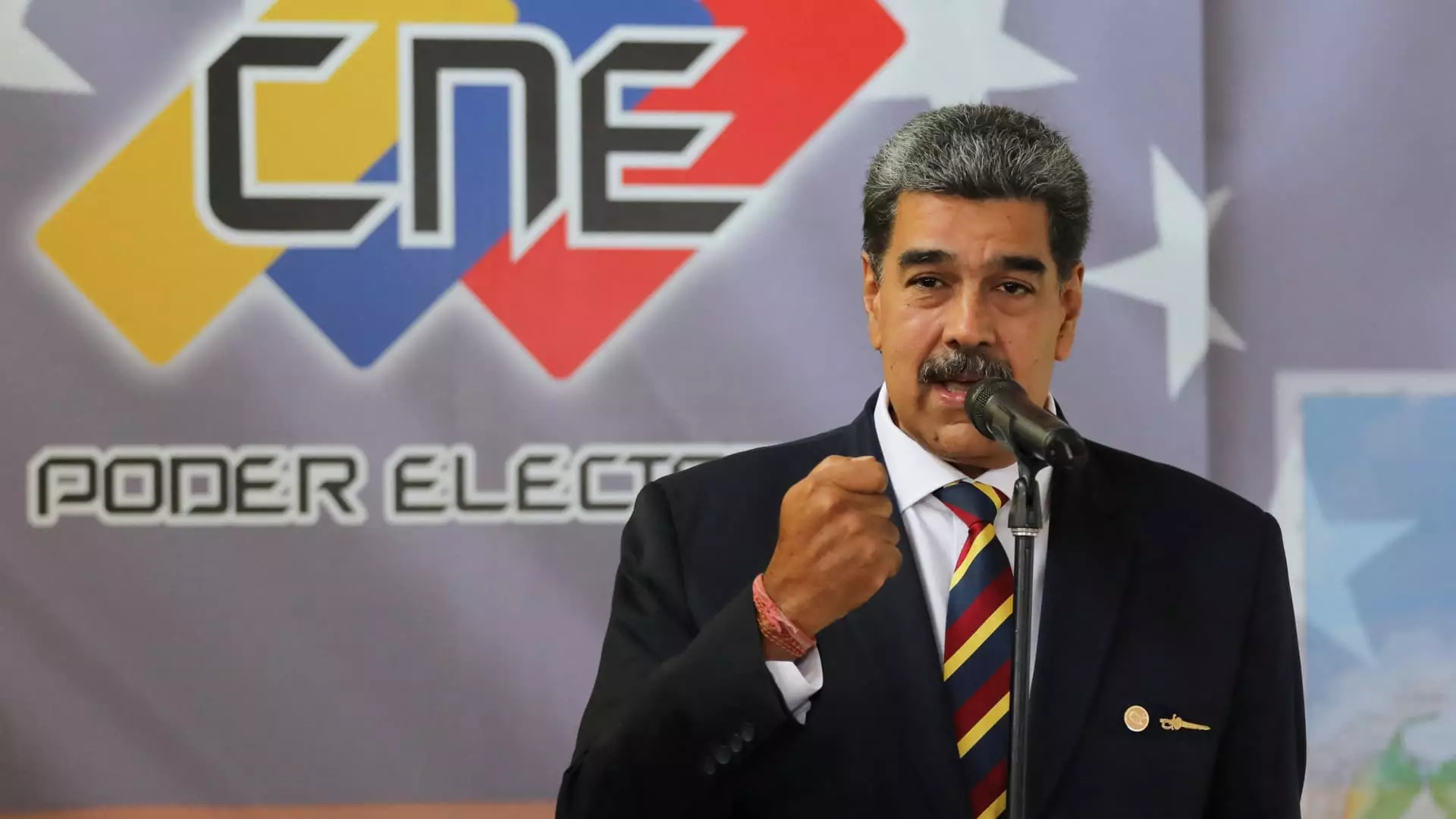Contested Venezuelan President Nicolas Maduro recently made headlines when he issued a 10-day ban on social networking platform X, sparking a debate on the limits of free speech and government censorship. The ban came after a public feud with tech billionaire Elon Musk, highlighting the power dynamics between political leaders and influential figures in the digital age.
Maduro accused Elon Musk of violating the rules of the social network Twitter, which is now known as X, by allegedly inciting hatred, fascism, civil war, death, and confrontations among Venezuelans. The President emphasized the importance of enforcing the country’s laws and stated that Conatel, Venezuela’s National Commission of Telecommunications, would be responsible for implementing the ban. This move raises questions about the government’s role in regulating online content and the impact on freedom of expression for Venezuelan citizens.
The ban on X came after Musk publicly criticized Maduro for his handling of the disputed 2024 presidential election, accusing the Venezuelan leader of election fraud. In response, Maduro challenged Musk to a fight, showcasing the personal animosity and power struggles at play. The exchange of insults and threats between a world-renowned entrepreneur and a controversial political figure highlights the intersection of technology, politics, and personal vendettas.
The banning of X in Venezuela is set against the backdrop of escalating political unrest in the country following the controversial election results. Protests erupted after Maduro declared victory in the election, despite allegations of misconduct and electoral fraud. The government’s crackdown on dissent, including the deployment of riot police, reflects a growing authoritarian trend that stifles opposition voices and fuels division among the Venezuelan population.
The international community, led by the United States, has expressed skepticism about the validity of the election results and the legitimacy of Maduro’s presidency. The U.S. government imposed sanctions on Venezuela in April to pressure Maduro’s administration, and other foreign governments have recognized his opponent, Edmundo Gonzalez Urrutia, as the rightful winner of the disputed election. This international pressure adds another layer of complexity to the ongoing political crisis in Venezuela and raises concerns about the country’s democratic future.
Maduro’s decision to ban X raises important questions about the limits of free speech, government censorship, and the role of social media platforms in shaping public discourse. By silencing dissenting voices and restricting access to information, the Venezuelan government risks undermining the principles of democracy and human rights. The international community must closely monitor the situation in Venezuela and hold accountable those who violate the rights of the Venezuelan people.
The ban on X in Venezuela is a troubling development that highlights the challenges of navigating the intersection of technology, politics, and human rights. As the country grapples with a political crisis and escalating tensions, it is essential to uphold the values of free speech, transparency, and accountability to ensure a peaceful and democratic future for all Venezuelans.


Leave a Reply